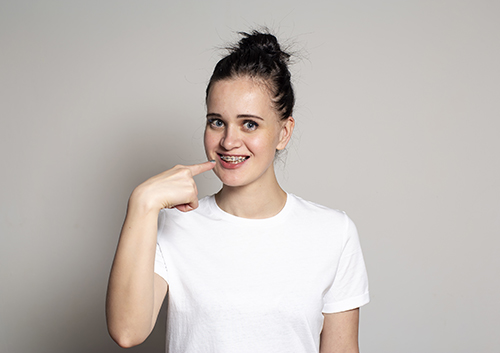October is National Orthodontic Health Month
October 6th, 2021

What does the month of October mean to you? For people in the northern hemisphere, October is when the weather starts to get a little chilly: heavy jackets might come out of storage and the summer clothing gets packed away. You might start making plans for the upcoming holidays or looking at the beautiful and changing autumn scenery. October means something a little different to our team at Diehl Orthodontics because this is National Orthodontic Health Month. During October, orthodontic clinics all over the country work together to promote their services and inform the community about the important work we do.
National Orthodontic Health Month is an awareness campaign created cooperatively by orthodontists and other dental health professionals. During this month, we make a special effort to promote dental health and orthodontic health in particular. This is a great time to get your questions answered by dental professionals in your community and to learn more about exactly what an orthodontist can do for you and your family. Events held in connection with National Orthodontic Health Month are also an opportunity for us orthodontists to come out and meet community members. If you have never been to an orthodontist before, you might not know what to expect. Meeting one of us in person before your checkup is a great way to find out what kind of person you’ll be seeing during your appointment.
Meeting Dr. Byron Diehl in a relaxed “meet and greet” atmosphere can be especially helpful for any young orthodontic patients in your family. Kids of all ages–and their parents!–can feel anxiety about going to the dentist. Getting to know the person you have an appointment with can make the experience a lot less stressful for everyone. We don't want anyone to avoid seeing a dental professional for regular checkups just because they don't know who we are. Just meeting and talking with the orthodontist you'll be seeing may be enough to make you feel more comfortable about your upcoming appointment.
Dental health is something that affects everyone; healthy teeth and gums contribute to a healthy smile and a lifetime of comfort and well-being. Orthodontists are just one of the various dental practitioners you could visit at some point in your life, so taking a little time to learn who we are and what we do is certain to be a helpful experience. We look forward to seeing you and your family this October at our Redlands, CA location!




 Website Powered by Sesame 24-7™
Website Powered by Sesame 24-7™